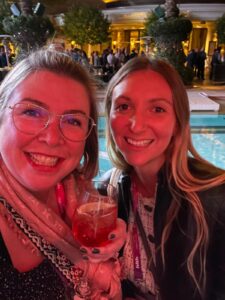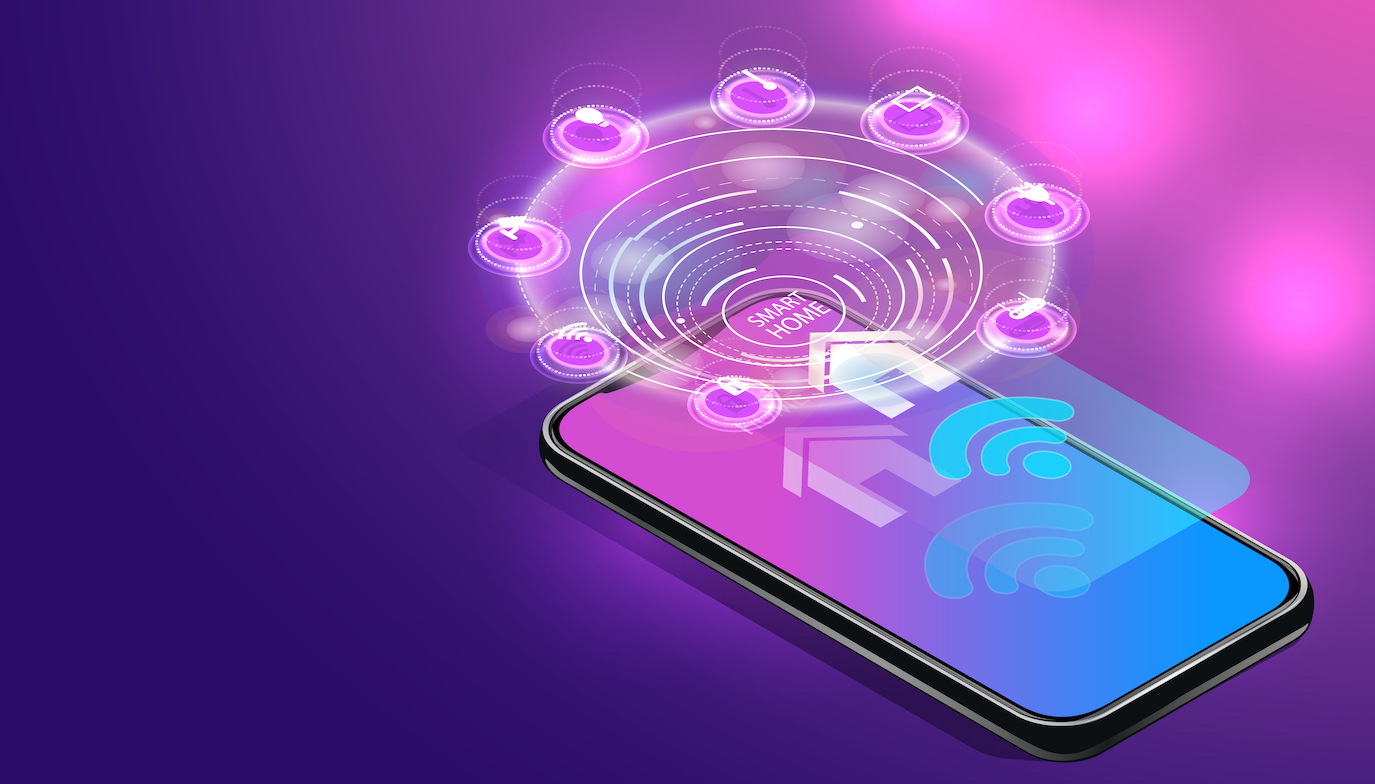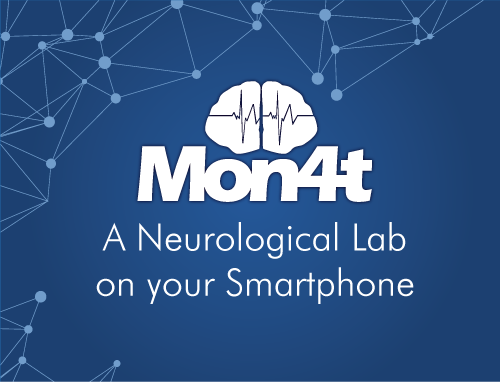LAS VEGAS, NV – When walking the halls of HLTH 2022 surrounded by 10,000 attendees, the energy and brilliant minds encompass the Venetian Expo Center. From startups to payers to providers to investors, HLTH displayed the vibrant and optimistic future of digital health.
At the center of the expo stood inspiring Israeli representation like Respiration Scan, Sweetch, WizeCare and many more. The impressive data and research coming out of these companies is enough to make anyone want to visit the Start Up Nation.
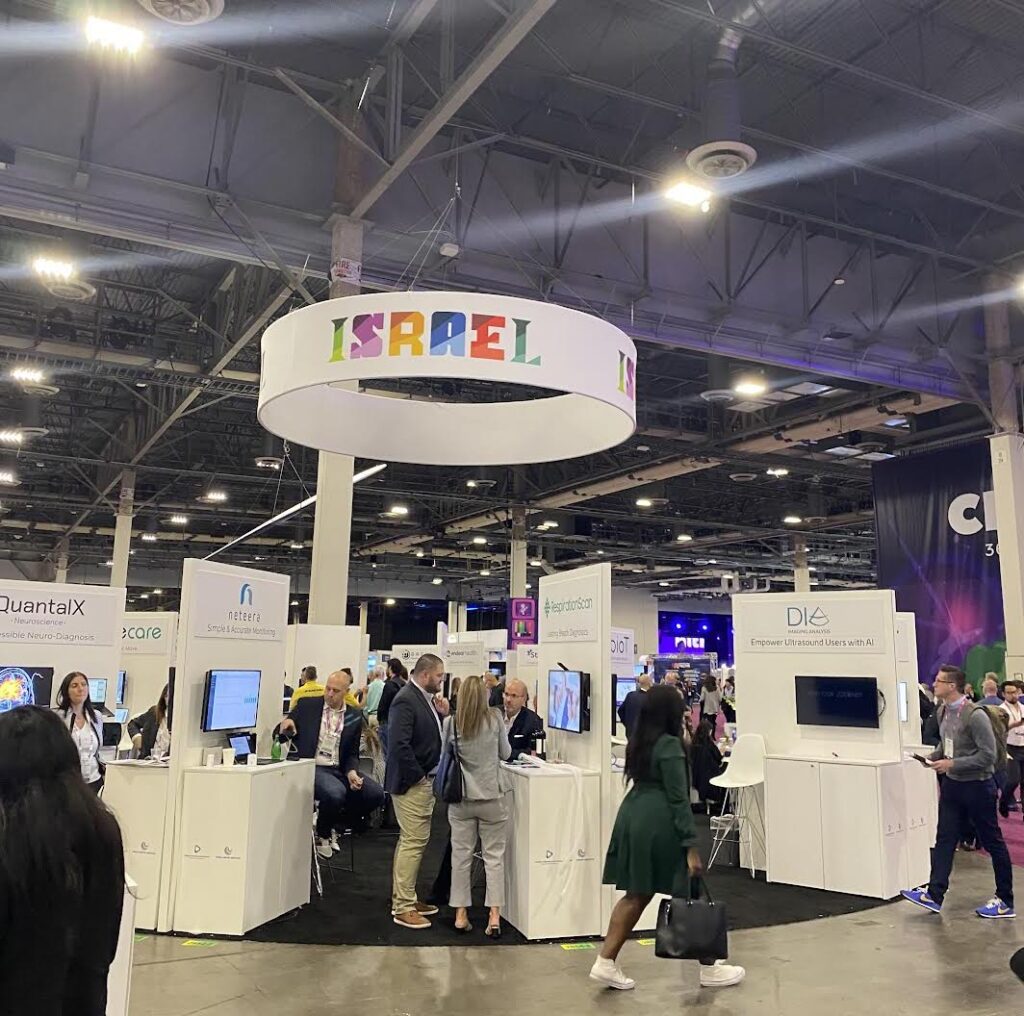
Panels ranging from representatives of Big Tech, such as Google, Microsoft, and Amazon, in addition to panels including Optum, Morgan Health, and the U.S. Department addressed important topics, two key ones being how digital health can improve the development of new treatments, and improve the efficacy and efficiency of existing ones.
Artificial intelligence was discussed across all platforms, including a discussion with Hadas Bitran, Head of Microsoft Health & Life Sciences Israel. Telehealth was noted as a key component to bridge the gaps for improved overall outcome measures. According to Bitran, “there are more than 50,000 clinical trials around the world looking to recruit patients for their studies.” By utilizing telehealth in clinical trials, whether they are through hospitals or pharmaceutical companies, it allows for much larger patient participation.
Decentralized clinical trials was of course a prominent topic at HLTH as innovative medical technologies strive to create a patient centered approach. Edward Ramos, Director of Digital Clinical Trials at Scripps Research, presented on the increased need for using digital health technologies in decentralized studies.
Mon4t has become a catalyst and essential player in assisting clinical trials to meet the evolving protocols and procedures of the digital healthcare environment. Mon4t product provides quantitative assessment of neurological and psychiatric symptoms which improves outcome statistics, it offers readily available reference data, and enables decentralized data collection, all of which sum up to a shorter time-to-market and cost reduction.
Dr. Micky Tripathi, National Coordinator for Health Information at Technology at HHS, presented a critical question on how medical systems transform from the paper, brick & mortar method to a truly digital world. Developing “digitally native healthcare processes” creates an ecosystem that allows innovators to bring their visions to reality. As these digital innovations are implemented, they have the potential to bring crucial care to the homes of billions of people living with various conditions.
This is exactly what Mon4t is focusing on now: Together with several of our partners, hospitals in which we’ve already had experience in clinical trials and research, having demonstrated the accuracy and ease of use of our technology we now implement it for actual treatment of patients, thus turning our product into a service. This service should reduce costs to the hospitals while opening new RPM reimbursement opportunities, reduce the neurologists ever-increasing backlog and most importantly, improve the patient quality of care and quality of life.
Reach out to us and become a part of this transition into tele-neurology, and see you next year at HLTH 2023!
